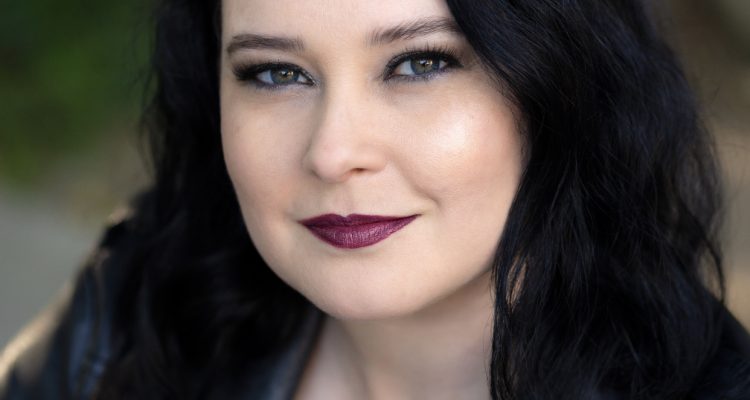From Sync to Music Supervision, Jennifer Smith has a rich understanding of the various way music coalesces with film and television. As the founder and music supervisor of her own company, Rat Dance Party, Smith has been solely responsibility for overseeing the success of her career.
In terms of her community, Smith is a Board Member with the Guild Of Music Supervisors, as well as a member of Women In Film, The Television Academy, The Recording Academy, Women In Music, and Women In Media.
Smith took time to speak to Awards Focus about season two of Paramount’s Why Women Kill, working with Emmy nominated writer Marc Cherry, and
FILLIN HTE END>….
Awards Focus: As the music supervisor for Why Women Kill,what strategies or approaches do you utilize?
Jennifer Smith: My first approach starts with the showrunner’s vision, not just sonically but also story and character wise.
Understanding the world and story that is being written, it helps me approach the music or sonic storytelling within the vision. MarcCherry always has a particular way he likes music to be used. It always has a purpose and a lot of times, it is multi-layered.
If a song is being repeated or becomes a character like “Claire De Lune” became for season two, it is important that the recording we use also can transform the story or add to the character as the season progresses.
AF: What was your favorite episode or musical moment from this season?
Smith: I would have to say that I have three episodes that were my favorite to work on. I am a fan of performances that happen within a scene in a series, having a theater background myself. In episodes 201 and 204, we see the inside a little club and seven characters singing around a piano.
My favorite comedic music moment has to be in episode 203 and the use of “Dance Of The Knights.” We have this beautiful ballet music used in the scene where our main characters “hatch a plan” of Mrs. Yost going on vacation… even though she is buried in their garden.
The use of this ballet music with the performances of the characters makes me laugh still to this day. It was so fun to think out of the box for this scene and to try different pieces of music and score for thescene.
AF: With an anthology series, is there a particular tone you try to maintain each season?
Smith: Each season of Why Women Kill is new story so the music needs to evolve to the period while still maintaining Marc Cherry’s vision and tone.
AF: Speaking of Marc Cherry, what is it like working with the Emmy winning writer and showrunner?
Smith: Marc Cherry and I started working together during Covid, so we have never met in person. We had zooms, emails, and calls withthe other producers on the show. We created a language of music and we could communicate through that established language. Understanding his point of view and how he listened to music was very important in creating this language and I think our love for theater also helped.
AF: Tell us a bit about your background. What inspired you in your early years to pursue music as a living?
Smith: Storytelling has always been part of my bones. I grew up always listening to music and was a theater kid. I have always loved how music can express story and characters in different ways than acting, writing, directing, etc.
I’ve always viewed the world through sound. Even as a kid, when I read a book, I would hear music and sound to create the world and characters before seeing anything in my head. I always wanted to work in entertainment and I noticed when watching films that the credit of “Music Supervisor” came up.
I didn’t know much about it or how to break in. I got my first job at EMG out of college as an assistant and learned so much from my colleagues and from reading old licenses, listening to phone calls, and being part of meetings. I am forever grateful for my first job that introduced me to my career and gave me the foundation for my career.
AF: What is one film, show or production that inspired your work?
Smith: I grew up watching old Hollywood movies of all genres with my grandmother. I think those movies helped inspire my approach for the marriage of story and sound.
AF: What challenges did you face working on this season?
Smith: This show was shot during the height of Covid and it created a lot of curve balls in my job. We had a period show that took place in 1949 Hollywood where we could not have any wind instruments even if they were pantomiming and no live singing.
We had cameras and pre-records that had to be executed within new protocols and I had to be extremely creative on executing the musical vision with outside added stresses that changed weekly. It was a very difficult season but well worth it. It brought laughter worldwide to fans during these dark and uncertain times and I am extremely proud of this show.
AF: With Emmy voting starting just around the corner, what would recognition for your work mean to you?
Smith: Honestly, to be recognized by the television music community, it would take my breath away and I know I would cry tears of joy. I couldn’t think of a bigger honor than that and to know that my work was applauded by the community.


